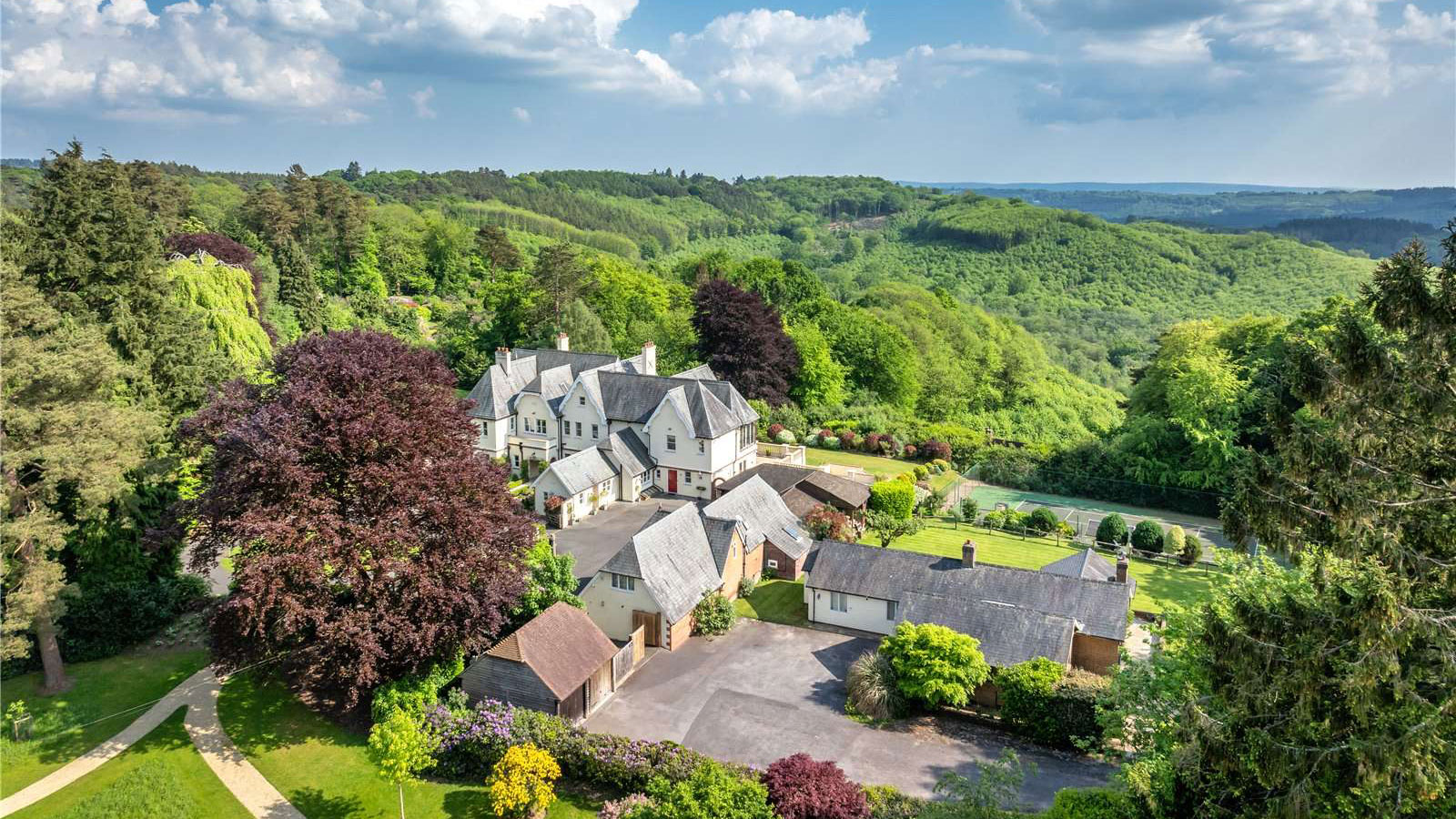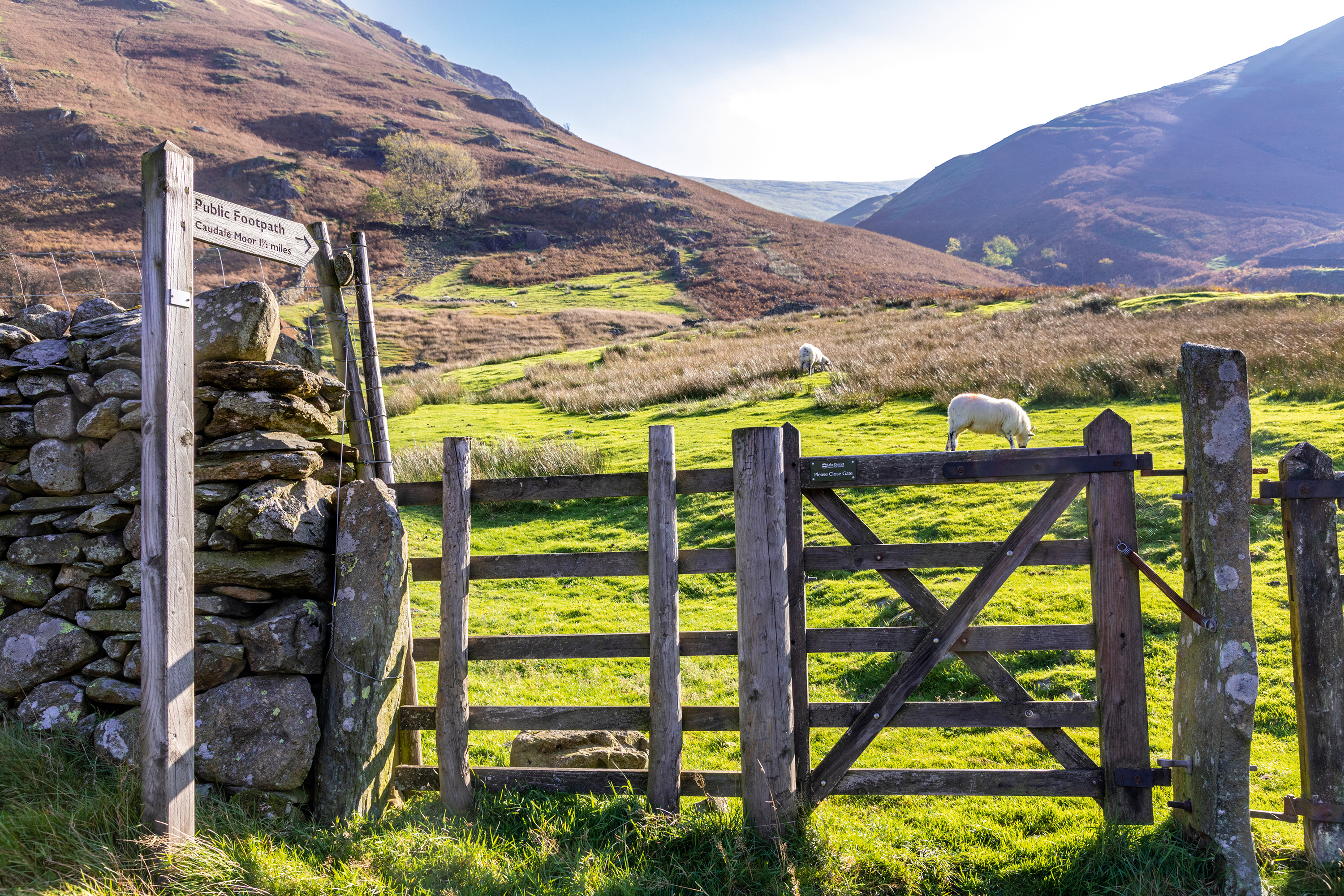Spectator - Carla Carlisle
As 2006 begins, Carla Carlisle makes herself appreciate the good things in life, rather than dwelling on the bad.


His Suffolk farm is two countries, each with its distinct currency and character: the country of Heavy Land and the country of Light Land. The Heavy Land is what local farmers call 'the old clay'. In a dry season, this clay is the farmer's saviour, holding in the life giving moisture. In a wet season, the clay sucks down tractors, combines, ploughs and drills with a force as deadly as quicksand. Beside the Heavy Land, sometimes a boundary no wider than a single cow path, is its ecological opposite: Light Land, sandy loam as fine as talcum powder.
This dusty terroir is a haven for grape vines which thrive on the dirt poor slope that in hot summers burned up every crop. Like Catholics and Protestants, Sunnis and Shiites, Arabs and Jews, these two lands do not amalgamate. Nothing the farmer does moderates the drastic nature of each terroir. Centuries of wind, sun and rain have not blended to create a neutral territory.
Over the years, I have come to know the nature of these fields, some as hard line as a Stalinist cell, some as gentle as a Quaker wedding. But on the ritual New Year's Day rough shoot, sinking in the mossy, waterlogged ancient woodland before emerging into the promised land of the south facing slope, I understood how the bipolar identity of the Suffolk soil has leeched into my bones and made me a citizen of two countries: Heavy Land and Light Land.
Heavy Land is the country where I am powerless. It is the land of the poem by Yeats that begins: 'The falcon cannot hear the falconer; Things fall apart; the centre cannot hold'. It is the land of the tsunami, of hurricanes and earthquakes, AIDS, child labour, and war. It is hospitals infected with MRSA and violence in our streets. It is craziness and loss, fuelled by alcohol and drugs. It's the earache that turns into septic shock, insurgents who kill a team of doctors, a flicker on the commodity price that signals the fate of another thousand acres of Amazon rain forest. Heavy is this land of irreversible bereavement.
Every day, a hundred times a day, I push myself into the Light Land, a kind of Switzerland of the soul where I ransom back moments of contentment from the heaviness that engulfs me as I listen to Today, read the headlines. In the Light Land, the happiness of others depends on my concentration as well as my lightness 50 people on a payroll: talented chefs, winemakers, gardeners, shop managers, stall holders in a farmers' market. And the Light Land of family. Good dog Bofus flushes and retrieves, as the son, always the better fisherman, brings down two cock pheasants with a right and a left. The torch passes gracefully. And here's the universal truth: if family doesn't work, nothing does.
As we toast to the year ahead, we talk about the good things that happened in the past year. Winning back the Ashes. The arrival of David Cameron. The first stag. Broadband. Good GCSEs. A great nephew born. 'L' plates. I catch myself wandering off to Heavy Land, thinking of my beloved cousin's beautiful daughter who died in her sleep, aged 24; a dear friend who died from one of those cancers that barely give warning. I push myself back onto Light Land just in time for the comforting family toast, more prayer than toast, from the 13th-century English mystic Dame Julian of Norwich:
All shall be well,
Sign up for the Country Life Newsletter
Exquisite houses, the beauty of Nature, and how to get the most from your life, straight to your inbox.
And all shall be well,
And all manner of things shall be well.
This article first appeared in Country Life magazine on January 5, 2006.
Country Life is unlike any other magazine: the only glossy weekly on the newsstand and the only magazine that has been guest-edited by HRH The King not once, but twice. It is a celebration of modern rural life and all its diverse joys and pleasures — that was first published in Queen Victoria's Diamond Jubilee year. Our eclectic mixture of witty and informative content — from the most up-to-date property news and commentary and a coveted glimpse inside some of the UK's best houses and gardens, to gardening, the arts and interior design, written by experts in their field — still cannot be found in print or online, anywhere else.
-
 Six rural properties with space, charm and endless views, as seen in Country Life
Six rural properties with space, charm and endless views, as seen in Country LifeWe take a look at some of the best houses to come to the market via Country Life in the past week.
By Toby Keel
-
 Exploring the countryside is essential for our wellbeing, but Right to Roam is going backwards
Exploring the countryside is essential for our wellbeing, but Right to Roam is going backwardsCampaigners in England often point to Scotland as an example of how brilliantly Right to Roam works, but it's not all it's cracked up to be, says Patrick Galbraith.
By Patrick Galbraith